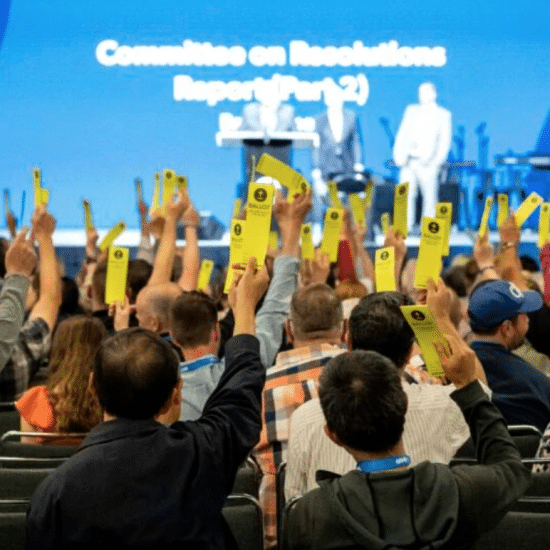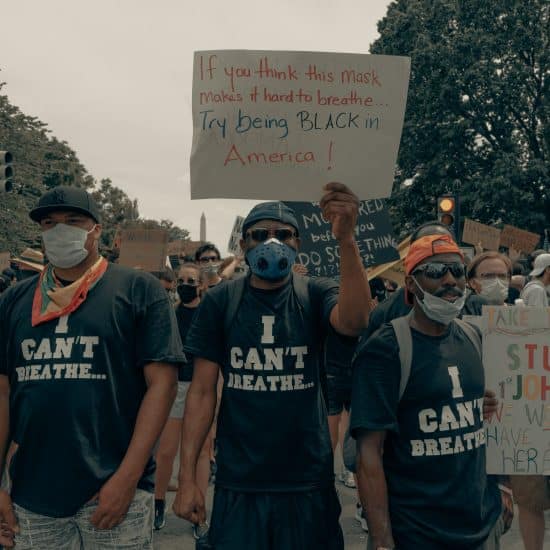
“First, they came for the socialists, and I did not speak out because I was not a socialist. Then they came for trade unionists, and I did not speak out because I was not a trade unionist. Then they came for the Jews, and I did not speak out because I was not a Jew. Then they came for me and there was no one left to speak for me.”

Wade Paris
These words, spoken by Lutheran pastor Martin Niemöller nearly 65 years ago, resound loudly today.
Sin winds its way into our lives so insidiously we excuse ourselves as though we are morally blinded. Regarding the Holocaust, we quickly say, “I did not do it!”
About the exploitation of Native Americans, we say, “I did not do it.” Still, the fact that the land my house sits on was likely taken by force from previous “owners” bothers me.
Then, there is the matter of slavery. Once again, we can say, “I did not do it.” No one who reads this will be a former slave owner. We fought a terrible war to end slavery. Yet, slavery’s effects linger as do the effects of all corporate sin.
It is so easy to justify our sin. On their way to conquering Canaan, the Hebrews said, “God told us to destroy all the inhabitants even women, children, and animals.” Yet, when I read the words of Jesus, “Love even your enemies; do good to them…” I find those Old Testament words disturbing to say the least.

Photo by Eduardo Sánchez on Unsplash
The Bible tells us when mankind calls sin good, we have lost our way (Romans 1:21-22). My wife likes to watch the news channels on television. I don’t like to watch them. I say I don’t like to watch because I don’t care for TV, yet I watch hours and hours of sports. Eh?
As I write this column, I find myself wondering why I don’t like the news. Do I suppose if I don’t see wrong, it will go away? Or, is it that I think if I don’t know, then I won’t have to be involved?
If you were hoping for an answer about the Christian’s response to the sins of society, I do not have it. God must guide each one of us individually. However, I offer the following parable for advice: Two men were fishing far out at sea when one said to the other, “I hate to bother you with this problem, but your end of the boat is sinking.”



